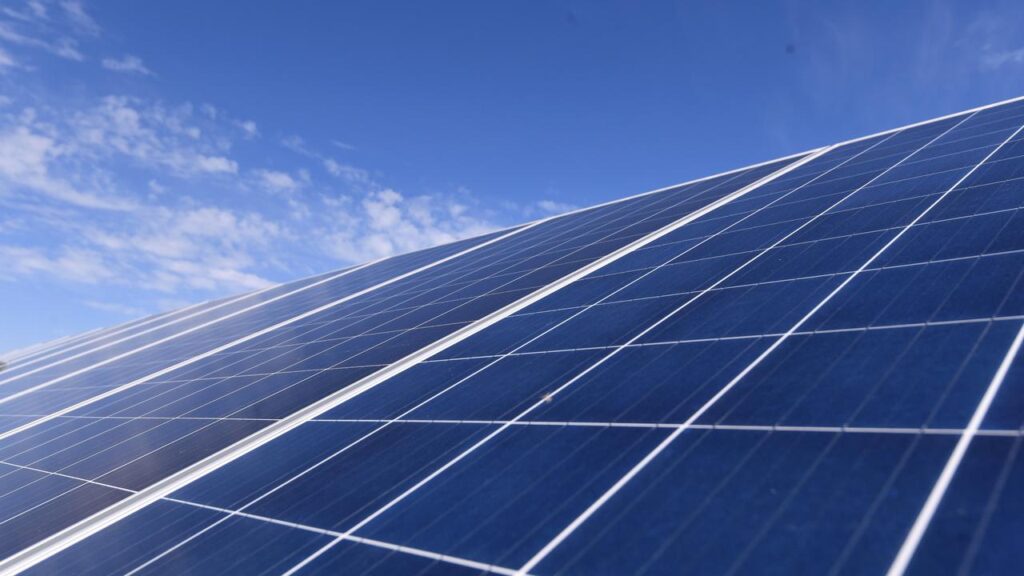Digital passports could give old solar panels new life
Jennifer Dudley-Nicholson |

Ageing solar panels should be reused rather than recycled to avoid a significant electronic waste problem looming in Australia, a study has found.
While industry sources and governments would need to collaborate to allow their redeployment, a proposed certification process and digital passports could provide a solution.
Researchers at the University of South Australia proposed the changes in a study published in the Sustainability journal that investigated more than 63 publications on the issue.
The recommendations come after the Australian Energy Council predicted 280,000 tonnes of solar panels could reach the end of their use in 2025, and after figures showed Australian households continued to embrace rooftop solar at record levels.

The study, called Certification for Solar Panel Reuse, investigated the barriers and possibilities to reusing rather than recycling the technology.
“Recycling, although beneficial, emits more emissions due to the energy necessary to break down and process the materials,” the research found.
“Reusing solar panels can help to further cut emissions by prolonging their lifespan and lowering the need for new manufacturing.”
However, several barriers remained including the low and falling price of solar technology, a lack of government incentives for panel reuse, and limited access to testing.
“The large scale reuse of PV panels faces technical, economic and regulatory barriers,” University of South Australia PhD student Ishika Chhillar said.
“Industry, government, academic and consumers all recognise that these barriers can and must be overcome and that with the right frameworks in place Australia can extend the life of its solar panels.”
One solution proposed would issue digital passports to decommissioned solar panels, repair or refurbish them if needed, and issue gold, silver and bronze certifications, based on their effectiveness.
Bronze-rated panels with less than 60 per cent efficiency could be recycled, while those with gold and silver ratings could be deployed for household use or community projects.
A national process for testing and rating panels could save money and environmental waste, Ms Chhillar said.

“Currently, the lack of any standard certification for used panels means buyers and installers have little to rely on besides a seller’s word but an official certification process would change that,” she said.
“By bridging the trust gap, certification can transform reused panels from a risky option into a transparent and standardised product category.”
Recording the past use of solar panels in a digital passport could also give future users greater confidence, co-author Assoc Prof Sukhbir Sandhu said, and the process could borrow from similar product stewardship schemes.
“We have other established practices in electronics, batteries and mobile phones,” she said.
More than four million Australian households have rooftop solar panels installed, according to the Australian Energy Market Operator, and the panels have an expected lifespan between 20 and 30 years.
AAP


